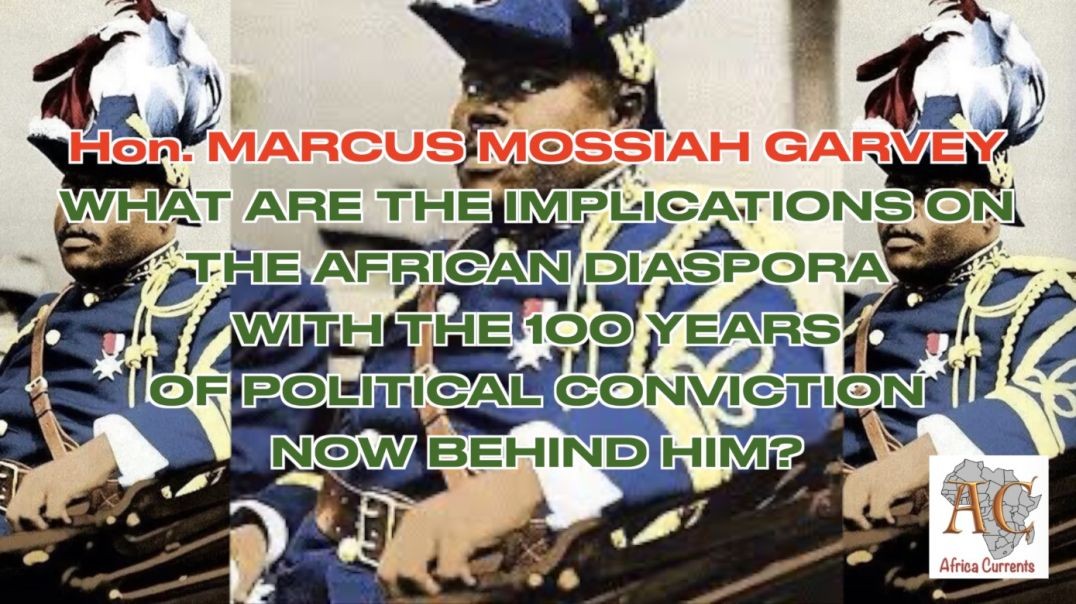Africa’s Fastest Growing Economies: How Did Ghana Get it right?
Africa’s Fastest Growing Economies: How Did Ghana Get it right?
In recent years, Africa has witnessed remarkable economic growth, with several countries emerging as beacons of progress and development. Among these rising stars, Ghana has emerged as one of Africa's fastest-growing economies, attracting attention and admiration from around the world. With a combination of strategic policies, visionary leadership, and a commitment to diversification and inclusivity, Ghana has successfully navigated its way to sustained economic expansion. In this essay, we will explore the factors that have contributed to Ghana's economic success story, shedding light on the key elements that have propelled the nation forward.
Ghana, nestled on the Gulf of Guinea in West Africa, has undergone a significant transformation over the past few decades. It has transitioned from a struggling economy to a vibrant and dynamic player on the global stage. Through a series of strategic reforms and investments, Ghana has managed to create an environment conducive to business growth, attract foreign direct investment, and foster socio-economic advancement for its citizens.
One crucial factor that has contributed to Ghana's economic success is its commitment to political stability and good governance. The country has enjoyed a relatively peaceful political landscape, characterized by smooth transitions of power and democratic institutions. This stability has not only fostered a favorable investment climate but has also provided a strong foundation for long-term planning and policy implementation.
Furthermore, Ghana has made significant strides in diversifying its economy, moving away from traditional sectors such as agriculture and mining. The government has actively supported the development of industries such as manufacturing, technology, and services, promoting innovation and attracting skilled labor. This diversification has reduced the country's reliance on commodity exports, improving resilience to external shocks and fostering sustainable growth.
Another key aspect of Ghana's success lies in its commitment to human capital development. The government has recognized the importance of education and skills training in driving economic progress. Significant investments have been made to improve access to quality education, enhance vocational training programs, and promote entrepreneurship. By equipping its citizens with the necessary skills and knowledge, Ghana has built a workforce capable of driving innovation, productivity, and competitiveness.
In addition, Ghana has actively pursued regional and international trade partnerships, leveraging its strategic location and favorable business climate. The country has been a champion of regional integration initiatives, participating in trade blocs such as the Economic Community of West African States (ECOWAS) and the African Continental Free Trade Area (AfCFTA). These partnerships have increased market access for Ghanaian businesses, stimulated cross-border trade, and enhanced economic cooperation within the continent.
Moreover, Ghana's success can be attributed to its commitment to sustainable development and environmental stewardship. The country has implemented policies to promote renewable energy, conservation, and responsible natural resource management. By embracing a green growth agenda, Ghana has positioned itself as an attractive investment destination for environmentally conscious businesses while ensuring the long-term preservation of its natural heritage.
In conclusion, Ghana's remarkable economic growth serves as a shining example of how strategic policies, political stability, diversification, human capital development, and sustainable practices can pave the way for a nation's success. By embracing these principles, Ghana has not only transformed its own economy but has also become an inspiration for other African nations aspiring to achieve similar levels of progress. As Ghana continues its journey towards prosperity, its success story offers valuable lessons and insights for the rest of the continent and the world at large.




















